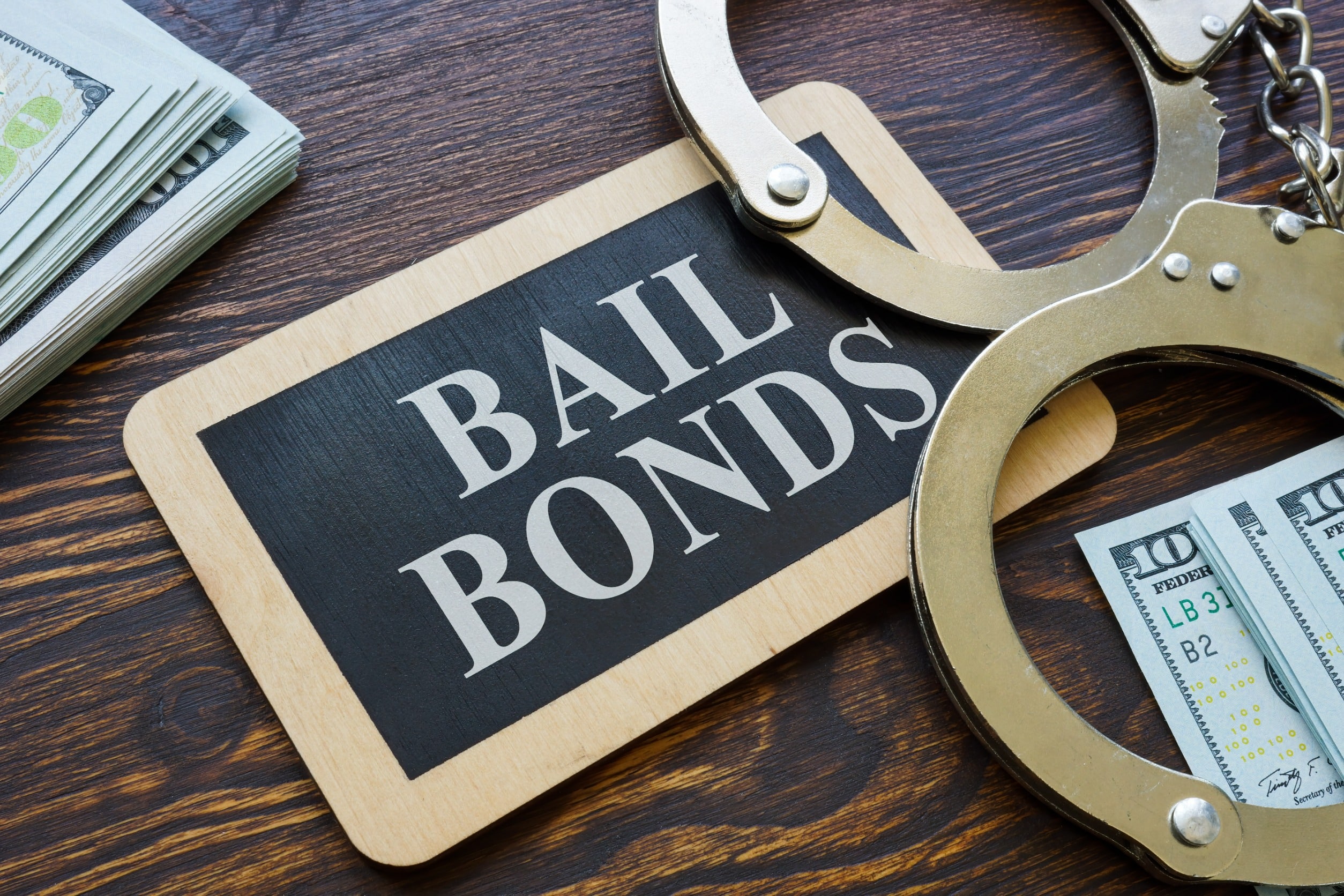Being arrested can be a stressful and confusing experience, especially when it comes to navigating the bail system. In North Carolina, the bail system is designed to ensure defendants appear in court while protecting their rights. This post will discuss how North Carolina’s bail system works and provide some tips on navigating it.
How the Bail System Works in North Carolina
When a person is arrested in North Carolina, they are taken to a magistrate for a first appearance. The magistrate will determine if there is probable cause for the arrest and will set a bail amount. Bail is a monetary amount the court sets that a defendant must pay to be released from jail before their trial. The amount of bail is determined by various factors, including the defendant’s criminal history, the nature of the crime, and the risk that the defendant will flee before their trial.
If the defendant cannot afford the bail amount, they may hire a bail bondsman. A bail bondsman is a licensed agent who will post bail on behalf of the defendant for a fee. The fee is typically 10% of the bail amount, and the defendant must provide collateral to the bondsman, such as property or a vehicle.
Once the defendant has been released on bail, they must appear in court on the date and time specified by the court. If the defendant fails to appear in court, the bail will be forfeited, and a warrant for their arrest will be issued.
Tips for Navigating the Bail System in North Carolina
- Hire an Experienced Criminal Defense Attorney
One of the most important steps you can take when navigating the bail system in North Carolina is to hire an experienced criminal defense attorney. A skilled attorney can work to negotiate a lower bail amount or advocate for your release on your recognizance (meaning without having to post bail). They can also ensure that your rights are protected throughout the bail process.
- Gather Information About Your Case
It is important to gather as much information about your case as possible, including the charges against you, the evidence the prosecution has against you, and any witnesses or other evidence that may support your case. This information can be used to argue for a lower bail amount or to show that you are not a flight risk.
- Consider Using a Bail Bondsman
If you cannot afford the bail amount the court sets, consider using a bail bondsman. While a fee is associated with using a bail bondsman, it may be the only way for you to be released from jail before your trial.
- Follow the Conditions of Your Bail
If you are released on bail, it is important to follow the conditions of your bail. This may include avoiding contact with certain individuals, attending court hearings, and staying within a certain geographic area. Failing to comply with the conditions of your bail can result in the forfeiture of your bail and a warrant for your arrest.
Stay in Contact with Your Attorney
Throughout the bail process, it is important to stay in contact with your attorney. They can guide what to expect and ensure that your rights are protected. They can also represent you in court hearings and negotiate with the prosecution on your behalf.
Navigating the bail system in North Carolina can be complex and confusing. However, with the help of an experienced criminal defense attorney and by following these tips, you can confidently navigate the system and ensure that your rights are protected throughout the process.
Be Prepared for the Possibility of a Bail Hearing
If the bail amount set by the court is too high for you to afford or if you are denied bail altogether, you may have the option to request a bail hearing. A bail hearing is a court hearing where a judge will determine whether or not to lower your bail amount or to release you on your recognizance. It is important to be prepared for this possibility and to have a strong argument for why you should be granted a lower bail amount or be released on your recognizance.
Understand Your Options for Payment
If you are required to pay bail, it is important to understand your options for payment. In North Carolina, you can pay bail using cash, a cashier’s check, or a bond. If you choose to use a bond, you must provide collateral to the bondsman, such as property or a vehicle.
Be Patient
Finally, it is important to be patient throughout the bail process. It can take several days or weeks to be released on bail, and delays or complications may occur along the way. However, with the help of an experienced criminal defense attorney and by following these tips, you can confidently navigate the bail system in North Carolina and ensure that your rights are protected throughout the process.
The bail system in North Carolina is designed to ensure that defendants appear in court while protecting their rights. Navigating the system can be a complex and confusing process, but with the help of an experienced criminal defense attorney and by following these tips, you can navigate the system with confidence and ensure that your rights are protected throughout the process.









